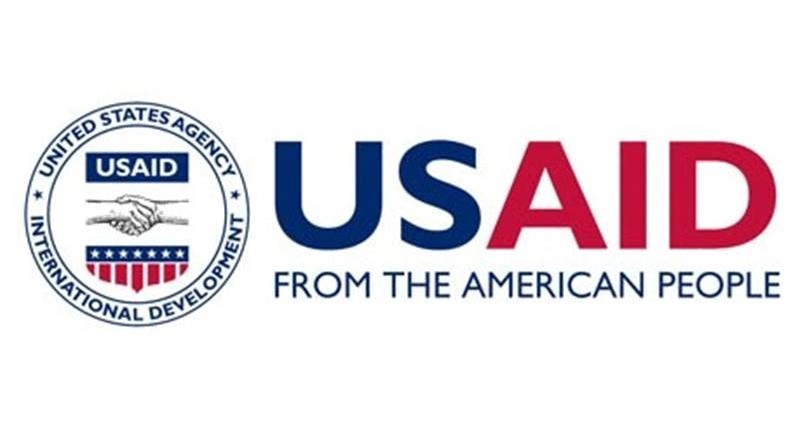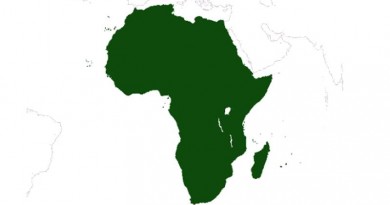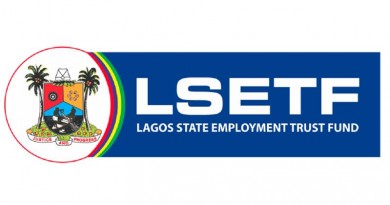USAID: Seeking Applications for Urban Health Research Program
The United States Agency for International Development (USAID) is issuing an Addendum to the 2018 Global Health BAA for Research and Development(GLOBAL HEALTH-BAA-2018) entitled the Urban Health Research Program.
The purpose of this Addendum is to request Expressions of Interest (EOI) for implementation research to test solutions to address the growing challenges of rapid urbanization and its impact on maternal, newborn, and child health (MNCH) outcomes.
Objective and Areas of Interest
Furthermore, these approaches must deliver the following results for the most vulnerable women and children in urban SSA:
- Data and evidence for the existing urban conditions. The use of existing evidence, as well as formative and ongoing research, to identify gaps, barriers, drivers, enablers, and progress is critical. The current lack of dis aggregated and comprehensive urban health data leads to insufficient understanding. The most recent measurement innovations have improved data collection and analysis (e.g., Nairobi Urban Health and Demographic Surveillance System, Urban Inequities Survey, and Unsatisfied Basic Needs Index), but these data sources remain inadequate urban health metrics for the poor and do not routinely include geospatial and poverty metrics. Progress in these measurement innovations and better integration of databases are critical to making progress in urban health.
- Designed, tested, and refined interventions for real-world conditions. The focus of these interventions may include addressing barriers in improving the environment and living conditions which impact MNCH, improving urban primary health care facilities, increasing connections with the community and subsequent demand, considering aspects of preventative care such as antenatal care, immunization, and nutrition, and others.
- Model for primary healthcare. The model is intended to show factors that lead to increased effective access and equitability of key urban health curative and preventive services, with a focus on the most vulnerable populations. The model should clearly involve the contextual factors as they impact health, particularly the preventive aspects, as well as consider the enabling factors, such as the increased capacity and engagement of municipal leadership, to ensure sustainability of efforts.
Funding Information
- Award Ceiling: $5,000,000
- Award Floor: $1,000,000
Geographic Focus
This Addendum is limited to the following sub-Saharan countries: Benin, Burkina Faso, Democratic Republic of the Congo, Ghana, Ethiopia, Kenya, Liberia, Madagascar, Malawi, Mali, Mozambique, Niger, Nigeria, Rwanda, Senegal, South Sudan, Tanzania, Uganda, and Zambia. Only single country applications are invited to apply at his time, but during the co creation workshop,participants are free to explore partnership opportunities including multicountry proposals.
Eligibility Criteria
Public, private, for-profit, and nonprofit organizations, as well as institutions of higher education,non-governmental organizations, and U.S. and non-U.S. government organizations are eligible under this BAA. Neither individuals nor public international organizations (also known as multilaterals), are eligible to apply. All organizations must be determined to be responsive to this BAA and sufficiently responsible to perform or participate in the final award type.
How to Apply
Deadline: 22 January 2019
Applications must be submitted via email at the address given on the website.
For more information, please visit https://www.grants.gov/web/grants/view-opportunity.html?oppId=311182




